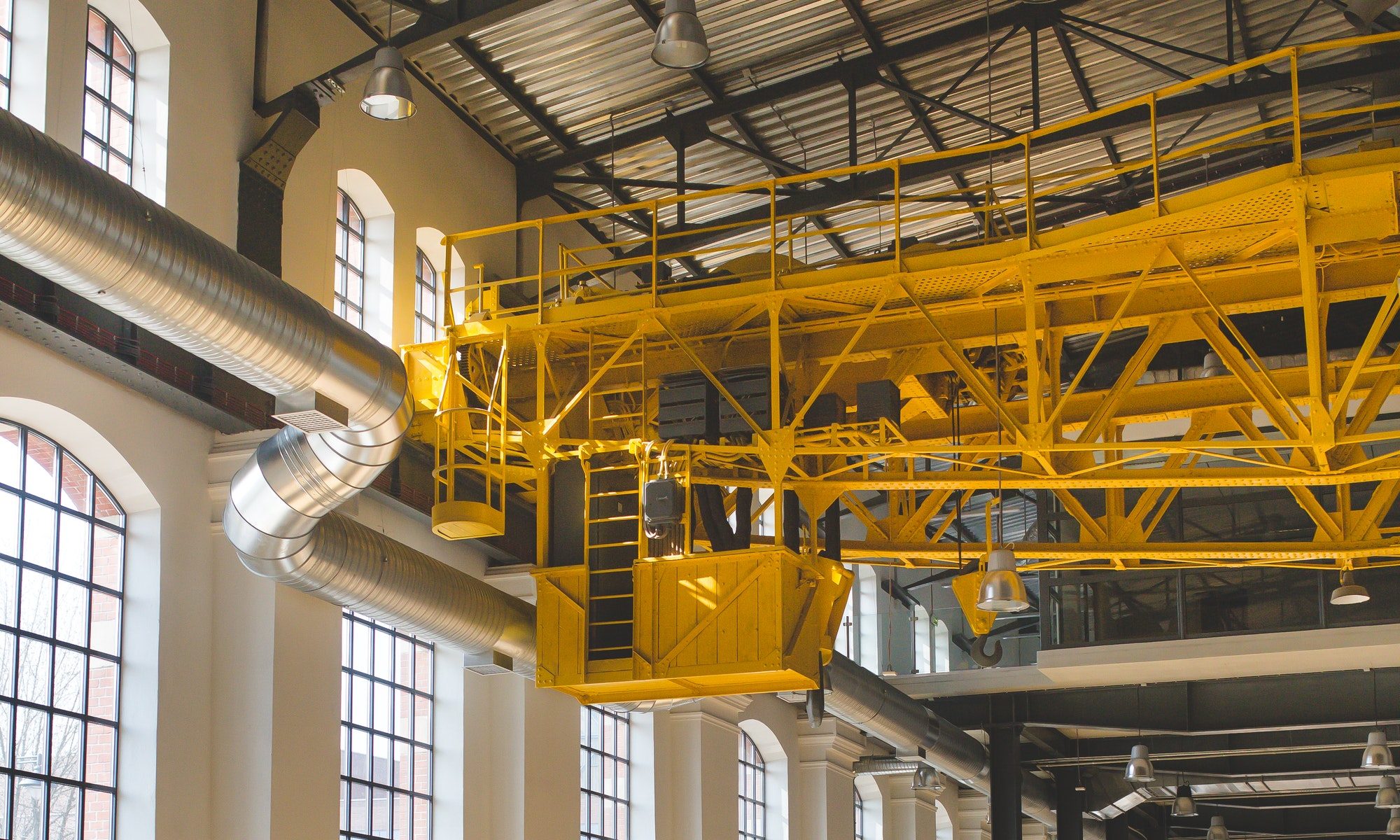This article is the first one of a series of ten (1 of 10) focusing on modern manufacturing in the pharmaceutical industry with special attention to automation.
Continuous manufacturing is heralding a transformative shift in the pharmaceutical industry, transcending the conventional batch production processes to enhance efficiency and product quality. This innovative approach involves an uninterrupted production flow, enabling raw materials to be incessantly processed into finished products. A prime advantage is the significant reduction in manufacturing times, optimizing productivity and reducing time-to-market for essential medications.
Adopting continuous manufacturing enables pharmaceutical companies to achieve consistent product quality. By integrating real-time monitoring and control, companies can detect and rectify deviations promptly, ensuring optimal product quality and mitigating risks associated with product recalls. This continuous approach also enhances the flexibility and scalability of production processes, accommodating the dynamic needs of the pharmaceutical market.
One of the salient advantages of continuous manufacturing is the reduction of production costs. The incessant process reduces the overall footprint, operational expenses and the resources required, enabling cost-effective drug production. Additionally, continuous manufacturing aligns with sustainability goals by minimizing waste generation and energy consumption, thereby fostering environmentally friendly pharmaceutical production.
The seamless integration of Information Technology (IT) is pivotal for maximizing the benefits of continuous manufacturing. Advanced IT systems facilitate real-time data acquisition and analysis, enabling pharmaceutical manufacturers to maintain stringent quality controls and comply with regulatory standards. The assimilation of robust IT infrastructures ensures the uninterrupted flow and accuracy of information, indispensable for optimizing production processes and making informed decisions swiftly.
Furthermore, the implementation of continuous manufacturing necessitates sophisticated automation technologies. Automation ensures precision and repeatability in production processes, mitigating human errors and enhancing the reliability of drug production. IT solutions integrating Machine Learning (ML) and Artificial Intelligence (AI) can optimize process parameters automatically, adapt to varying conditions, and anticipate potential disruptions, ensuring uninterrupted production.
The evolution towards continuous manufacturing also requires extensive modifications in enterprise resource planning (ERP) systems. Enhanced ERP systems are crucial for managing supply chains effectively, coordinating production schedules, and optimizing inventory levels in real-time. They help in attaining seamless integration between production processes and logistical operations, ensuring the availability of essential pharmaceuticals to meet global demands.
Moreover, IT plays a crucial role in securing intellectual property and sensitive production data. Implementing robust cybersecurity measures is essential to protect proprietary information and to ensure the integrity and confidentiality of production data, mitigating the risks of cyber threats and unauthorized access. Monitoring is no longer the question, but a must!
In conclusion, continuous manufacturing is revolutionizing the pharmaceutical industry by enhancing efficiency, reducing costs, and ensuring consistent product quality. The integration of advanced IT and automation technologies is essential to reap the benefits of this innovative manufacturing approach. It ensures real-time monitoring, enhances data integrity, facilitates compliance with regulatory standards, and secures sensitive information, thereby paving the way for a more resilient and sustainable pharmaceutical industry in the future.
Stay tuned and look for the next article (2 of 10) on Pharmaceutical Industry 4.0: Embracing Automation and Data Exchange – Exploration of the integration of automation, IoT, and data exchange in manufacturing processes.
